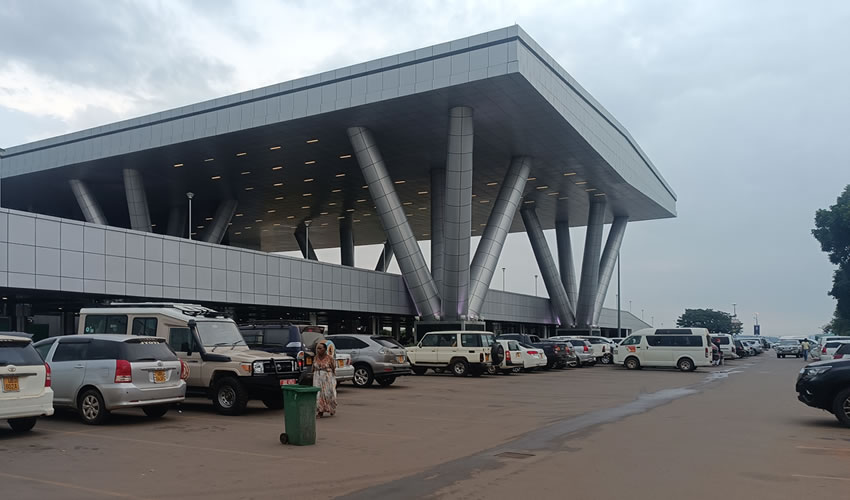By Phiona Kobusingye
Research shows that expanded internet access can lead to greater economic activity and other beneficial economic impacts.
Access to the internet can drive economic development through improved productivity of firms, workers, and other inputs in the production process. It can also connect larger pools of sellers and buyers through e-commerce; including those in rural and remote regions.
Technology has transformed the way we communicate, obtain information and do business.
Internet access still remains low with an estimate of only 20% of Ugandan population using the internet today The lack of access to the internet has created a digital divide that has hindered the country’s development in many ways.
Uganda still faces many challenges in extension of internet access to rural areas. Majorly, the lack of infrastructure including; electricity, internet cables & telecommunication masts & towers, in rural areas.
However, it should be noted that the Internet cost has been reduced from $70 to $35 per megabytes per month effective 1st August 2023.
But the high cost of internet-enabled devices and limited digital literacy are still major hindrances to internet access for many people that do not live within urban areas of our country.
Improved Internet access and growth in usage of mobile phones in rural areas in Uganda will yield many benefits for citizens and also boost social-economic development of the country, as there will be the possibility of an increase in access to educative information. The expansion of internet availability provides a lot of free and paid information and educational resources, and could provide a more level playing field for the population.
When it comes to inter linking with the internet, education is one of the most untapped areas especially in rural areas. Schools in villages face a challenge when it comes to accessing educational material both in terms of e-books and online reading material.
The internet is also a powerful tool for economic growth and business transformation. Therefore, Increased access to the internet facilitates the growth of e-commerce, allowing small businesses to reach a wider market and grow their customer base, enabling more Ugandans to access online work opportunities that were previously unavailable to them.
Access to the internet and connected smartphones is transforming and improving access to healthcare and the lives of our people in different ways. For example, through telemedicine services, Ugandans now have access medical services remotely. Furthermore, digital-led healthcare facilitates the sharing of health-related information, which could lead to improved health outcomes and reduced health disparities within our communities.
Ugandan government and other stakeholders ought to prioritize efforts to increase internet access throughout the country. The expansion of internet connection to Uganda’s distant areas will create a large possibility for growth and development.
There are still some hindrances to overcome but the end results are beneficial. Expanding affordable internet connections could eliminate inequities and promote social and economic development by easing access to education, and other economic possibilities.








Comments